Welcome back, students.
I’m starting something new today: I’ve studied the “50 Books to Read Before you Die” list often over the past few months, and it is my duty as a teacher to tell you that our textbook is flawed. I’m sure the people who made the list are wagging their fingers at me, but I can’t see them, because this is a blog. So I win this round.
There are quite a few selections missing from this list, and from now on, I will be dedicating class time now and again toward rectifying this wrong. I’ve read plenty of books that aren’t on the list, and they deserve the Prof. Jeffrey treatment. too. So let’s jump ship.
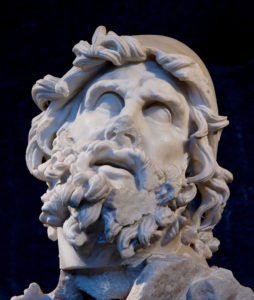
Sculpture of Odysseus
Speaking of ships, The Odyssey by Homer tells the story of the worst ocean vacation recorded in literary history. Everyone knows the story, probably from freshman English: Odysseus takes the long way home after defeating the Trojans, and he is stopped by virtually every single monster in Greek mythology.
I partly bring it up now because it has heavily influenced the “50 Books” list. I’m reading my ninth book for this blog, and so far, three of those books were retelling Odysseus’ story: Alice’s Adventures in Wonderland, The Catcher in the Rye, and currently, The Grapes of Wrath, each of which is a series of episodes about a hero on the quest for home, both figuratively and metaphorically. The Odyssey may not have invented the quest narrative, but its ideas on the hero’s quest have equally influenced novels like The Lord of the Rings and the Harry Potter Series. There are more retellings to come on the list—most obviously with James Joyce’s Ulysses, but also indirectly with Yann Martel’s Life of Pi and F. Scott Fitzgerald’s The Great Gatsby, among others.
Perhaps it didn’t make the list because it has more power as an influence than as a story on its own, but even that is a stretch. Not only is the poetry of the story remarkable, but Odysseus’ journey itself is stunning—he encounters sirens, a deadly Cyclops, sea monsters, Circe the witch, a band of suitors trying to take his wife and home, and near countless gods with their own agendas. Add on the fact that he antagonizes Poseidon, god of the sea, and then tries to sail home. Honestly, he was asking for it.

Painting of Odysseus, his son Telemachus, and his dog Argos
But his he-was-asking-for-it-ness, or what the experts call hubris or excessive pride, makes Odysseus vain, heroic, and oddly human all at once. Every character that seems inspired by him—in the above examples, that’s Alice, Holden Caulfield, Tom Joad, etc.—has that human oddness etched into their DNA. They each are reflections of “that man skilled in all ways of contending.” They each have that uncompromising, confident human spirit in the face of all obstacles.
Like I said, our textbook is flawed. The Odyssey is absolutely one of the books you should read before you die.
More books will have their day in my missing-from-the-list lectures; I’d like to get enough to make my own alternate list, but let’s take this one step at a time…
Your homework: take a moment to look at the list yourself. Are there any books you think are missing? What book(s) should people read before they die? Comment below, and if I’ve read it, it may become a class topic, with maybe a quick shout out to the person who posts it (fame is achievable, my friends).
If the month of November doesn’t kill me, then you can look forward to my post on The Grapes of Wrath.
See you next week!
Prof. Jeffrey
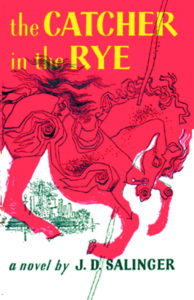
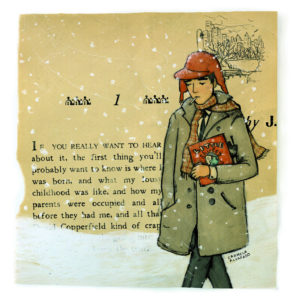
 Good morning class.
Good morning class.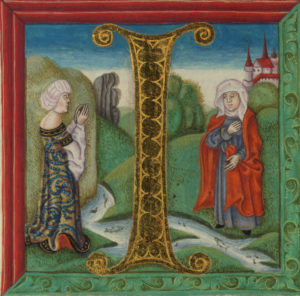

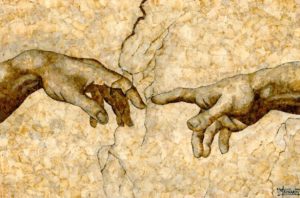

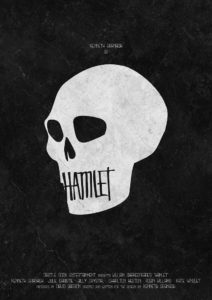
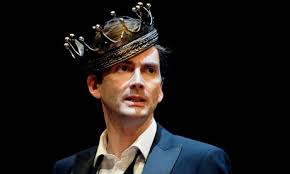
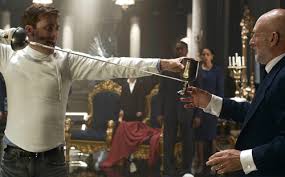
Recent Comments